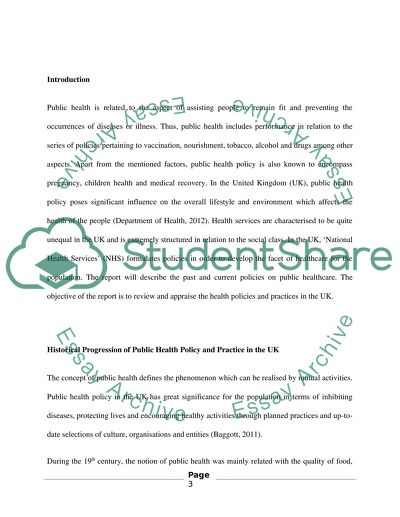Cite this document
(“Review and appraise public health policy and practice in the United Essay”, n.d.)
Retrieved from https://studentshare.org/health-sciences-medicine/1400800-review-and-appraise-public-health-policy-and
Retrieved from https://studentshare.org/health-sciences-medicine/1400800-review-and-appraise-public-health-policy-and
(Review and Appraise Public Health Policy and Practice in the United Essay)
https://studentshare.org/health-sciences-medicine/1400800-review-and-appraise-public-health-policy-and.
https://studentshare.org/health-sciences-medicine/1400800-review-and-appraise-public-health-policy-and.
“Review and Appraise Public Health Policy and Practice in the United Essay”, n.d. https://studentshare.org/health-sciences-medicine/1400800-review-and-appraise-public-health-policy-and.


